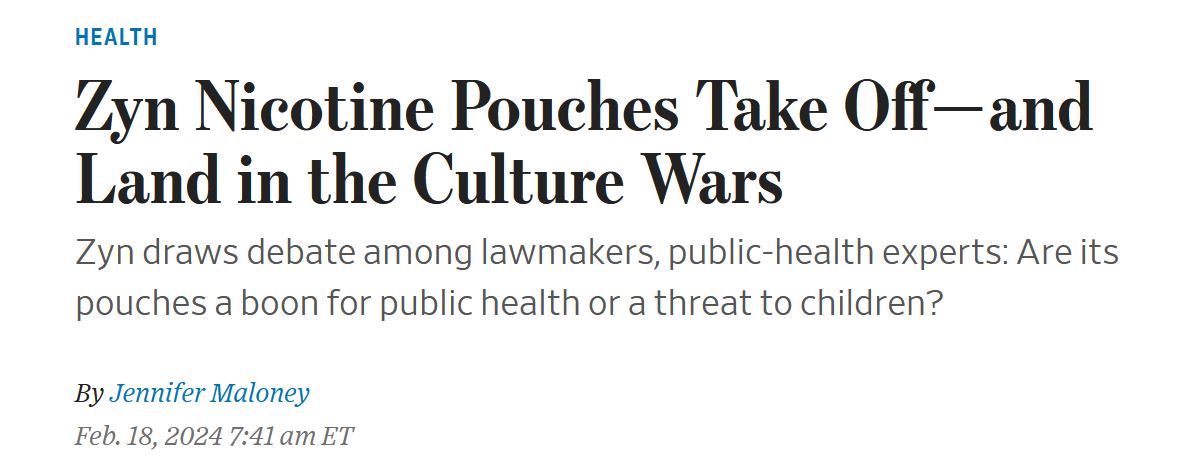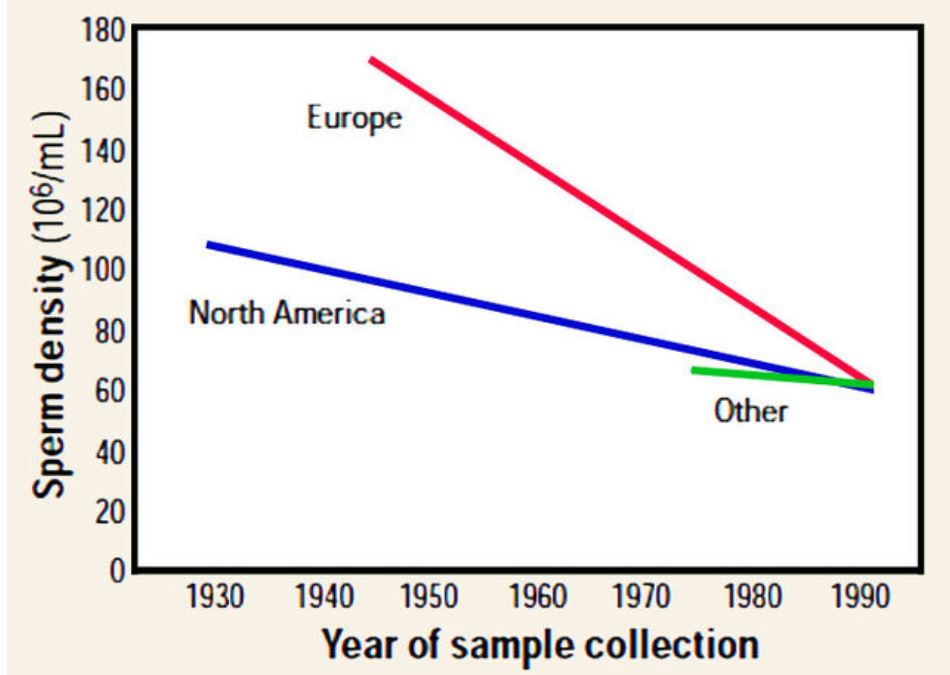

WaPo: Record number of honey bees
WaPo: Record number of honey bees
After almost two decades of relentless colony collapse coverage and years of grieving suspiciously clean windshields, we were stunned to run the numbers on the new Census of Agriculture (otherwise known as that wonderful time every five years where the government counts all the llamas): America’s honeybee population has rocketed to an all-time high.
When I started keeping bees 15 years ago, the corporate media was covering the impending environmental catastrophe of honey bee extinction. To populate a bee colony, a beekeeper can purchase a 3 lb package of bees. That’s around 30,000 live bees with a queen. When I started, a package cost about $120. The price has gone up about $5 per year, but never drastically from year to year. That convinced me that honey bee extinction wasn’t likely.
To summarize, this census only counts beekeepers with more than five hives. It would also only count beekeepers who register their hives. I never registered mine.
The challenges to bee colonies still exist, but various treatments mitigate the problem.
Changes in Texas tax law made it advantages to keep bees and register hives, so many more people did.
Honey bees are not indigenous to the US. Many other insects pollinate plants.
My beekeeper instructor told the class that wild honeybees no longer exist. The article suggests that the increase in domesticated bees will threaten wild honeybees.
Like most impending environmental catastrophes, people involved are managing the issues and the rest of us don’t have to worry about it.




